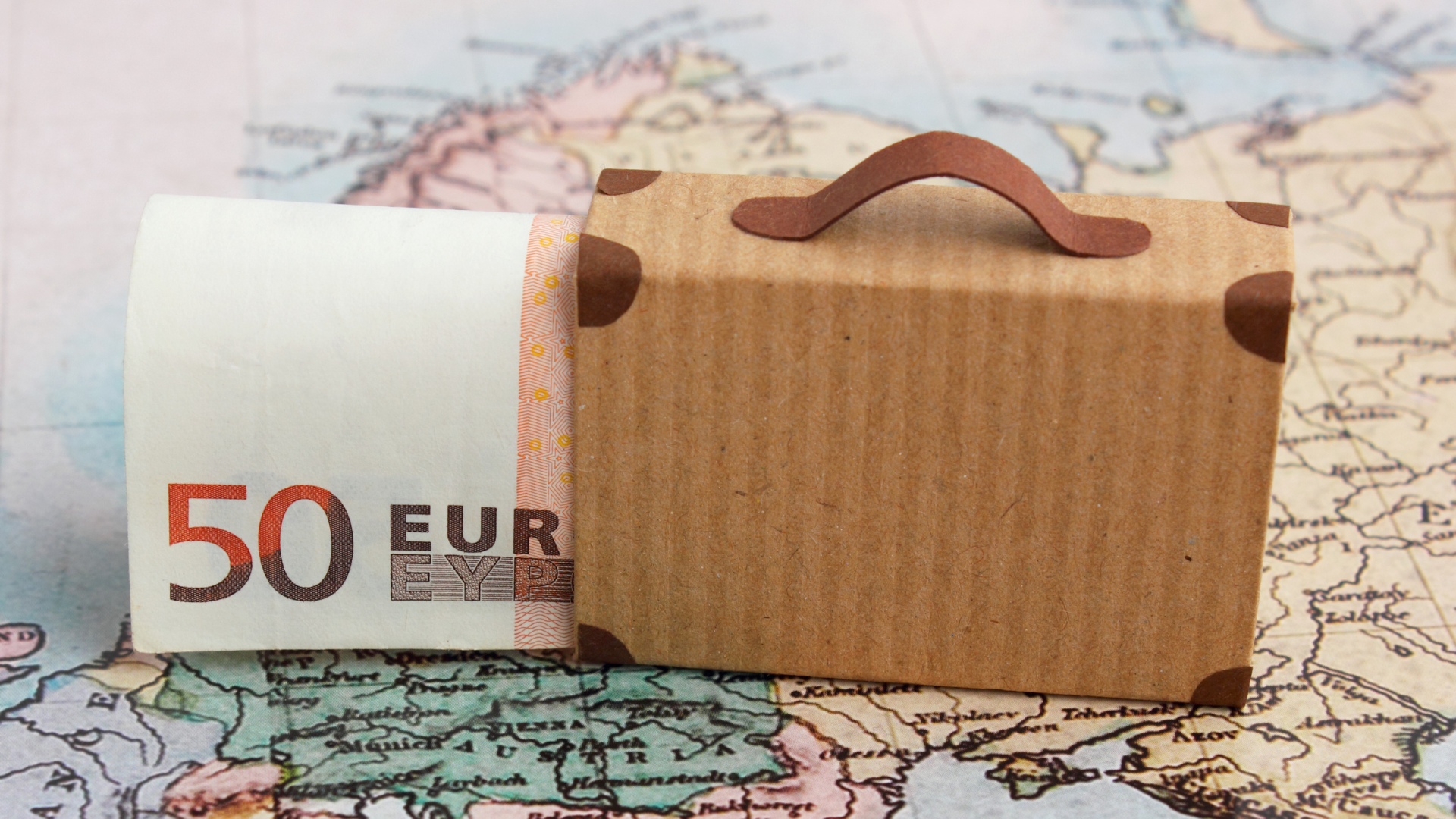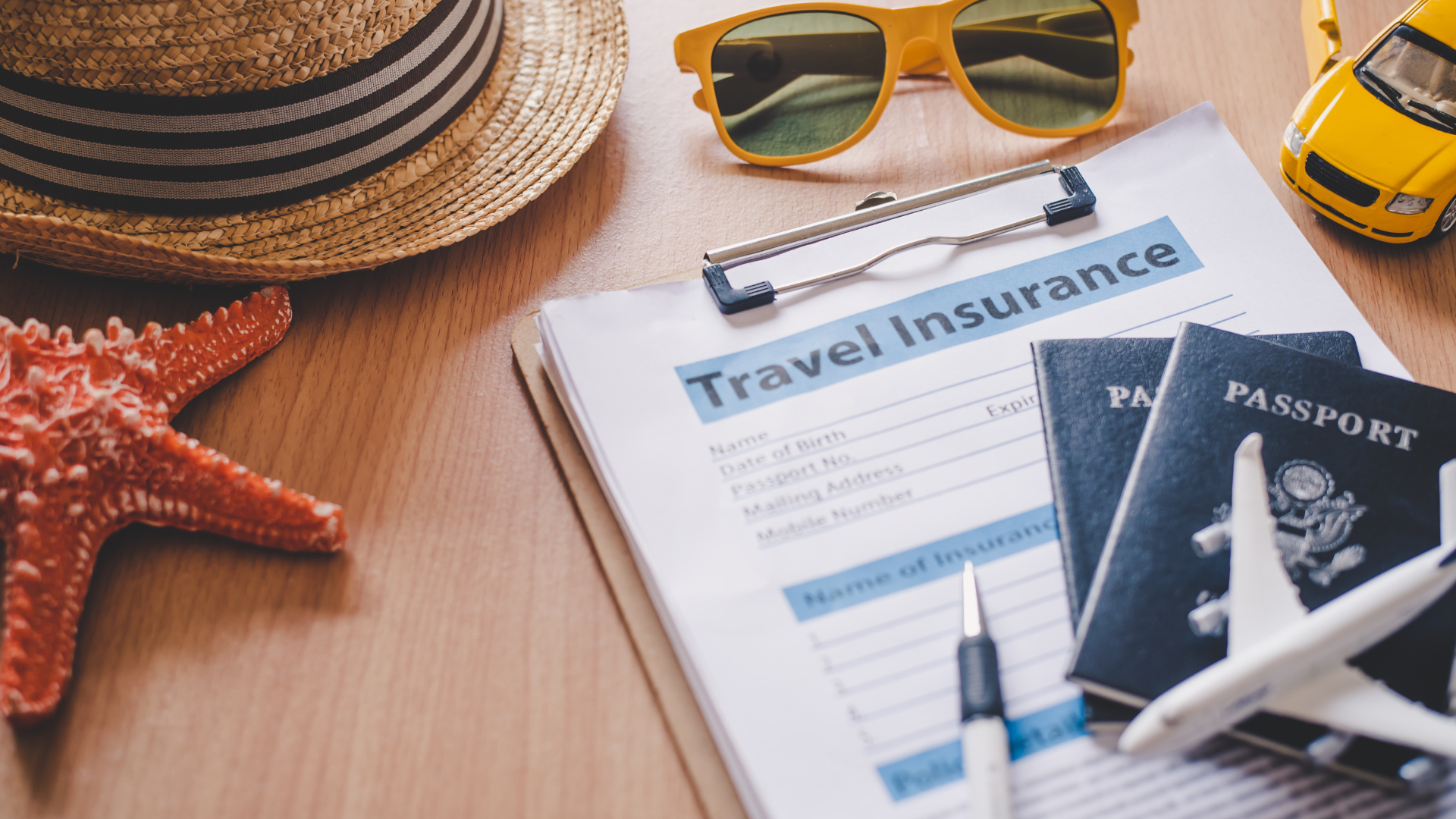The word “index” conjures up images of a large number of index funds tracking a broad market index. The reality, though, is quite different. An index fund is a collection of securities that closely matches the composition of an index. It is a type of mutual fund and, as such, trades like a stock. Index funds can also be used as a hedge against market declines, effectively creating a portfolio of investments that closely mirrors an index.
What are index funds?
To put it simply, an index fund is a mutual fund that buys the same stocks in a specific group of companies (a market index), with similar characteristics (such as low volatility, low expense ratios, etc.), as opposed to an actively managed mutual fund that invests funds in funds that are managed differently than the market index funds. The goal of an index fund is to be a good representative of the market index and to provide investors with the same benefits they would get from investing in the market index fund itself.
Index funds have become the investment vehicle of choice for many investors over the last few years. They track the performance of a given index and are designed to mimic the performance of a benchmark. By taking a passively managed approach, index funds minimize the risk involved in investing by basically buying the same stocks as the benchmark index. That means these funds can be a great way to grow your money.
Advantages of Index funds:
- The advantage of index funds is that you only need to track the index’s performance rather than the individual stocks within it.
- All investors want two things: A higher return and less risk. However, there’s a catch: We can’t always get the second one. Why? Because investing invariably involves some level of risk. Index funds, which are managed without human intervention and are based on a broad cross-section of market indexes, can offer some protection from all the ills of the financial markets.
- The best way to invest for the long term is simply because they are simple to understand and don’t require active management.
- Index funds are a smart way to invest your money. They work because they are indexed to a particular asset or group of assets. For example, an index fund will invest in the total stock market, which means it will invest in all equities, such as stocks, bonds, and mutual funds.
- The index fund has always been a popular choice for most investors. This is because it allows you to invest in a large number of stocks in a way that is cost-effective over time. This means that the expense ratio of an Index fund is usually lower than the expense ratio of individual stocks.
So, how do index funds work?
The idea behind an index fund is fairly simple. You invest in an index fund that tracks the performance of a specific market. In order to come up with the performance of a specific market, you outsource it to a stock market index fund that tracks the performance of a whole bunch of other stocks. If the market performs well, this whole bunch of stocks will perform well. If the market goes into a slump, this whole bunch of stocks will likely go down.
Index funds are a very common type of investment. An index fund is a mutual fund that tracks other mutual funds that are based on stock indexes. For example, if you have an index fund that’s based on the S&P 500, it will buy stocks that are part of the index. Index funds offer a unique advantage over other types of mutual funds in that they don’t try to beat their target index. Instead, they’re designed to mirror the benchmark index as closely as possible. For example, if the S&P 500 is up 20% over the last year, an index fund will gain 20% over the same time.
While index funds are the most familiar type of mutual fund, they are the least likely to provide the returns—and the most likely to provide the losses—that make them so appealing. All active funds, managed by a fund manager or an automatic fund selection system, track the same index.




